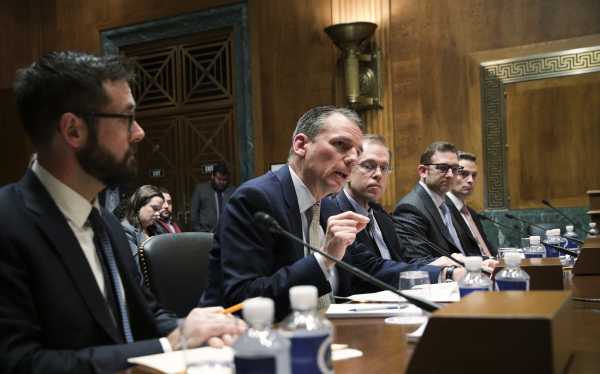
UPDATE: California passed ballot measure Proposition 24, strengthening its digital privacy protections.
California has the toughest — and one of the only — consumer data privacy laws in the US: the California Consumer Privacy Act (CCPA). And a ballot measure called the California Privacy Rights and Enforcement Act, or Proposition 24, may make it even stronger.
As of Wednesday, at 12:50 am ET, more than 55 percent of ballots were cast in support of the measure, with more than 64 percent of the vote reported, according to Vox’s partners at Decision Desk.
The CCPA gave Californians a measure of control over how their personal data was collected, accessed, and sold. But it contained some loopholes businesses have used to get around the restrictions imposed by the law — loopholes Proposition 24 would close by giving extra protection to data about “sensitive” areas including race, health, religion, biometric information, and precise location. The proposition would also establish and fund a new state agency to enforce the law, a duty currently left to the underresourced attorney general’s office.
Also, Proposition 24 may be the first California ballot measure to get its own rap:
Proposition 24 has some surprising pro-privacy opponents. The Electronic Frontier Foundation, which advocates for digital civil rights, doesn’t support it (it doesn’t oppose it, either, calling the law a “mixed bag of partial steps forwards and backwards”) and the American Civil Liberties Union is firmly against it. One big reason: The initiative would allow businesses to charge users who opt out of having their data sold or shared more, making privacy rights less accessible to people with lower incomes.
One thing the proposition’s supporters and opponents seem to agree on is that CCPA was a good first step, but a law with a lot of room for improvement. Now we’ll find out what a second step might look like.
California Proposition 24
A yes vote would close some loopholes in California’s data privacy law. It would also establish and fund a new state agency to enforce privacy law.
A no vote would mean no extra protections would be added to California’s data privacy law.
Will you help keep Vox free for all?
The United States is in the middle of one of the most consequential presidential elections of our lifetimes. It’s essential that all Americans are able to access clear, concise information on what the outcome of the election could mean for their lives, and the lives of their families and communities. That is our mission at Vox. But our distinctive brand of explanatory journalism takes resources. Even when the economy and the news advertising market recovers, your support will be a critical part of sustaining our resource-intensive work. If you have already contributed, thank you. If you haven’t, please consider helping everyone understand this presidential election: Contribute today from as little as $3.
Sourse: vox.com






